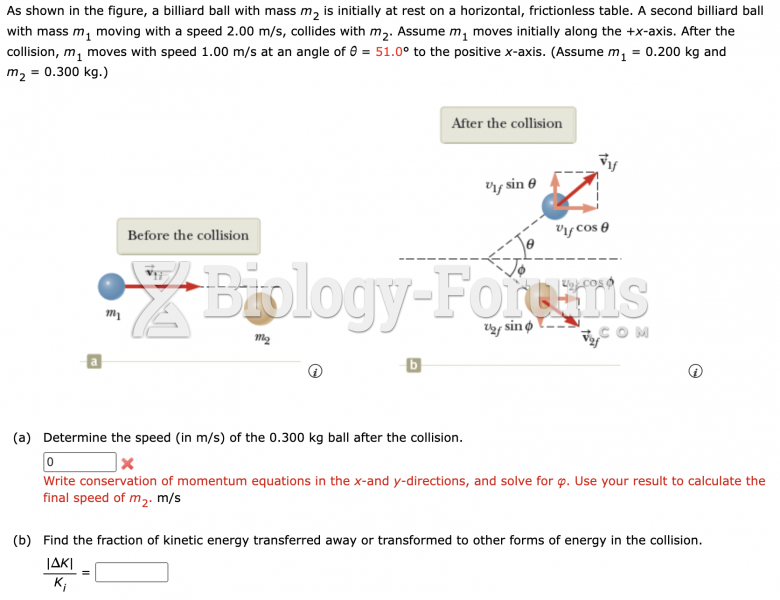Answer to Question 1
A QUESTION OF ETHICS
1. The California Supreme Court held that Navegar could not be held negligent for making and selling the TEC/DC-9. The court pointed out that to prevail on their negligence claim, plaintiffs must show that Navegar owed them a legal duty, that it breached the duty, and that the breach was a proximate or legal cause of their injuries. Regarding the element of duty, everyone is responsible, not only for the result of his willful acts, but also for an injury occa-sioned to another by his want of ordinary care or skill in the management of his property or person. Exceptions to this rule include those enacted by state legislatures. Under an applicable California statute, n a products liability action, no firearm or ammunition shall be deemed defective in design on the basis that the benefits of the product do not outweigh the risk of injury posed by its potential to cause serious injury, damage, or death when discharged. On this basis, Merrill's claim failed.
2. An answer to this question might depend on a weighing of the following factors considered in some negligence cases to find an exception to the general requirement of duty: the foreseeability of harm to the plaintiff, the degree of certainty that the plaintiff suffered injury, the closeness of the connection between the defendant's conduct and the injury suffered, the moral blame attached to the defendant's conduct, the policy of preventing future harm, the extent of the burden to the defendant and consequences to the community of imposing a duty to exercise care with resulting liability for breach, and the availability, cost, and prevalence of insurance for the risk involved.
3. Most Americans would probably agree that policy decisions regarding the liability of gun manufacturers should be made by the legislative branch, which has the job of making the law. In part, this may be in consideration of the Second Amendment to the U.S. Constitution. The controversy surrounding the making, marketing, and regulation of guns also points toward the legislature's determining policy on these issues. The judicial branch has the task of inter-preting the law, which includes statutes enacted by the legislature and the U.S. Constitution. When the language of a statute is intentionally ambiguous, or a unique set of facts is presented for consideration under the Constitution, the courts must sometimes make the sort of policy decisions that might otherwise be reserved for the legislature.
4. An answer to this question most likely depends on a personal interpretation of the Second Amendment and on personal experiences, thoughts, and feelings.
Answer to Question 2
c







